This is the story of a stolen gatsby. Fortunately, this gatsby only exists in the form of a digital photo (a real-world gatsby robbery would be far too devastating to write about).
In case you don’t know, a gatsby is a delicious, giant sandwich stuffed with slap chips and a meat of your choice (usually masala steak or polony) that was invented in Cape Town. When a colleague asked me to take a few photos for a blogpost of said sandwich, with the chance to eat it afterwards, I was happy to help!
The piece was published – you should give it a read here – and I thought nothing more of it.
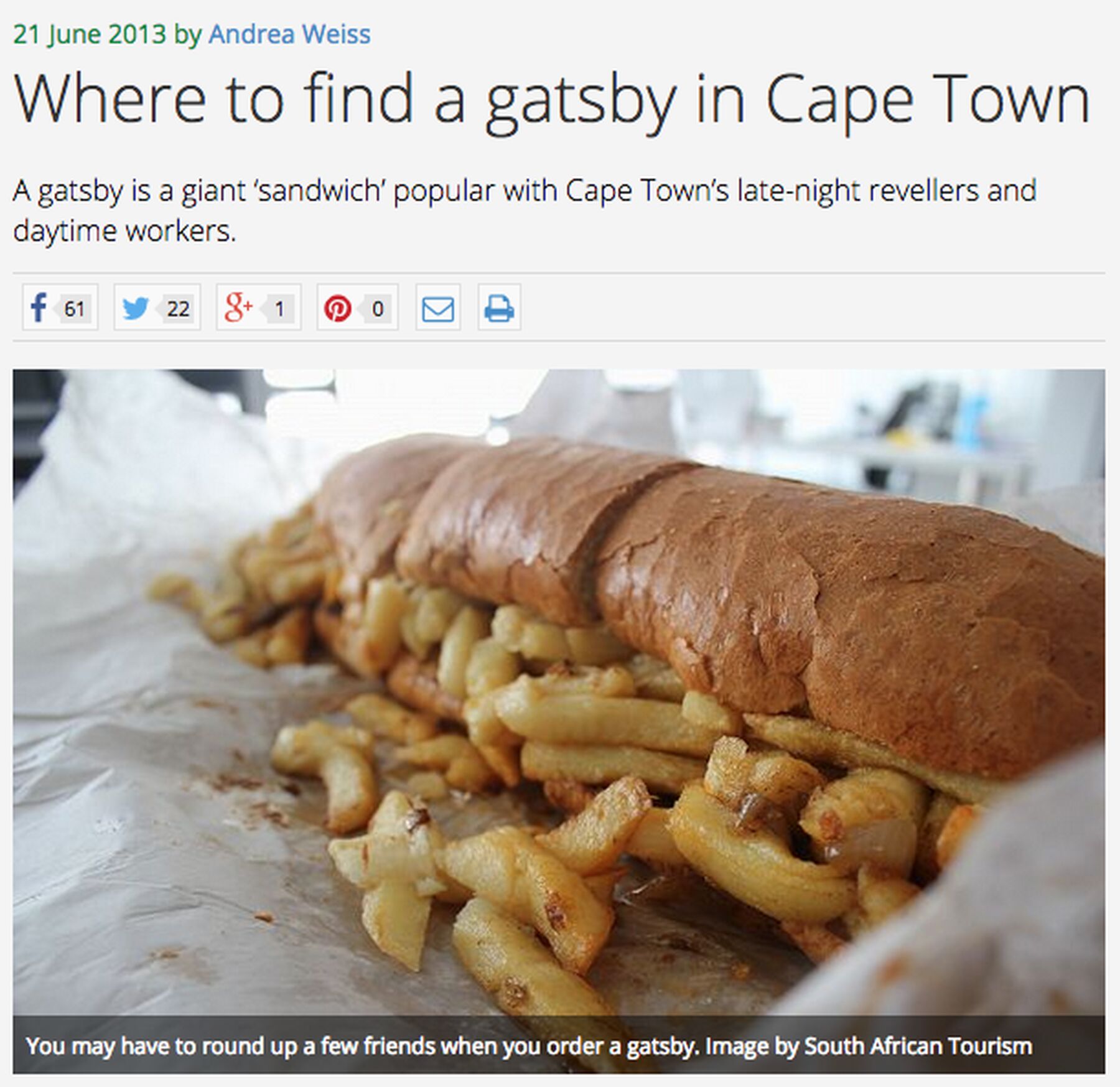
Enter Buzzfeed
Ah, Buzzfeed, those notorious curators of Internet minutiae. A site that hooks you with clickbaity headlines about dogs in dresses, and leads you down a time-sink towards "The 43 Most Inspirational Vegetables Of Last Summer", "28 Disney Princesses Who Completely Screwed Up Their One Job", and "44 Kardashians Who Had A Worse Year Than You".*
It was in such an article that our gatsby met a greater audience. In "Around The World In 29 Sandwiches", my exact gatsby picture was used to illustrate South Africa's contribution to this most important of bread-based meals (sorry, Banters).
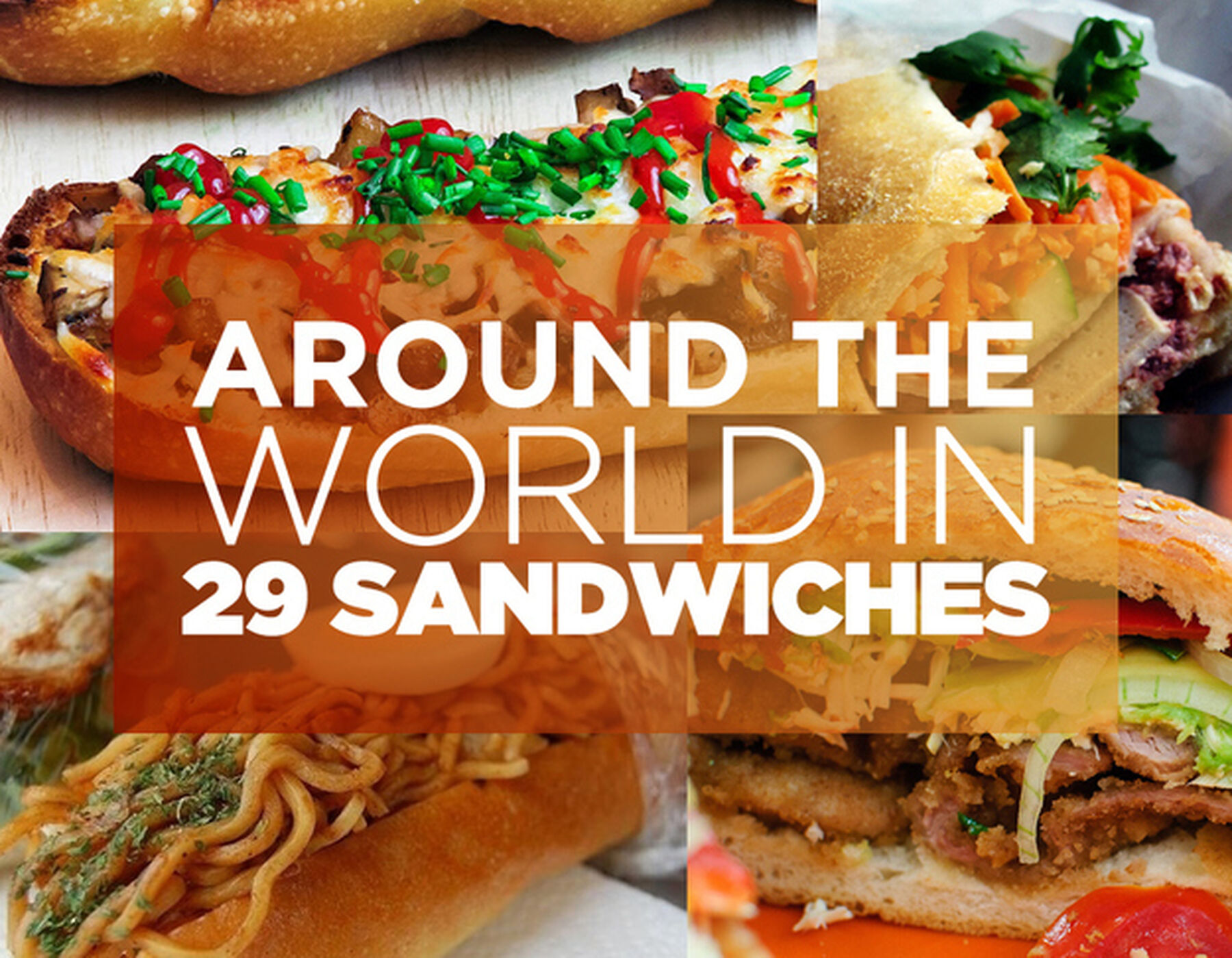
To their credit, Buzzfeed added a photo credit underneath the image with a hyperlink back to the original article. This was fine – the copyright does belong to South African Tourism, for whom the photo was taken, and I was just happy that Buzzfeed had come across the pic.
Into the wider web
With nearly 150-million unique monthly visitors, Buzzfeed really boosted this humble gatsby's presence on the web. It's now the first image you see when googling "gatsby sandwich", and once there, it's destined to remain the king of the gatsbies. The Greatest Gatsby, if you will.
And so, when a viral Facebook post got shared into my timeline recently about "gatsby etiquette", the image seemed kind of familiar to me.
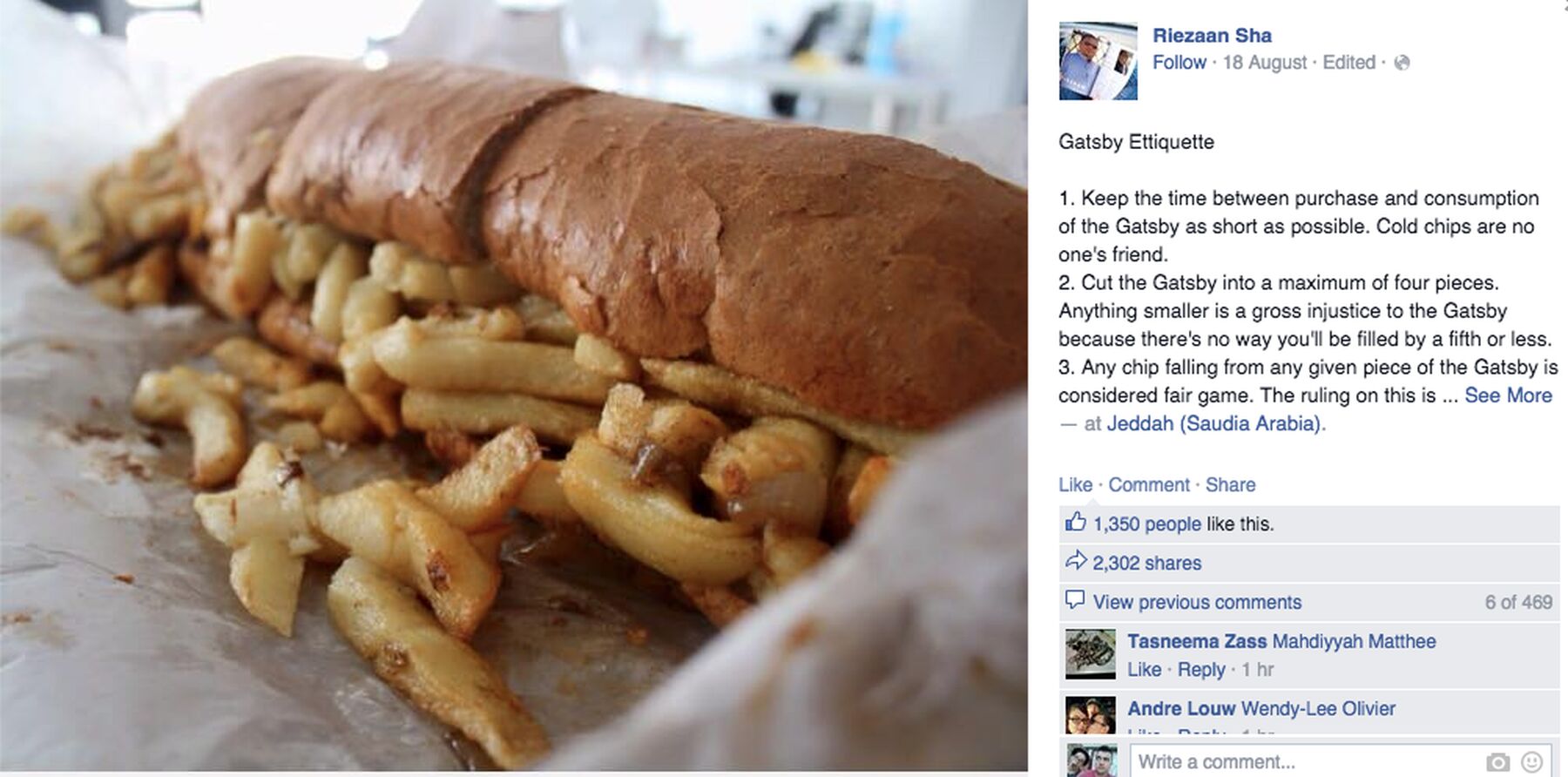
Do read the whole post, it's quite funny.
At this point, any semblance of retaining photo attribution is gone. Social media is notoriously bad for that, and the rules that govern copyright infringement online are fuzzy at best.
It's only a gatsby
This kind of thing happens on the web all the time. Every. Single. Day. As more and more content is uploaded online, the way it spreads through social media, blogs, Pinterest boards, screenshots and any number of ways where attribution is not apparent makes it harder to enforce copyright laws.
What if this wasn't a photo of a gatsby? What if I was a photographer making a living off my work? What if South African Tourism had commissioned me to do a photo that called on my skills, experience and equipment, which resulted in a highly prized and unique image? They, and I, would be somewhat more alarmed at how far this photo has travelled without mention of who owns this image.
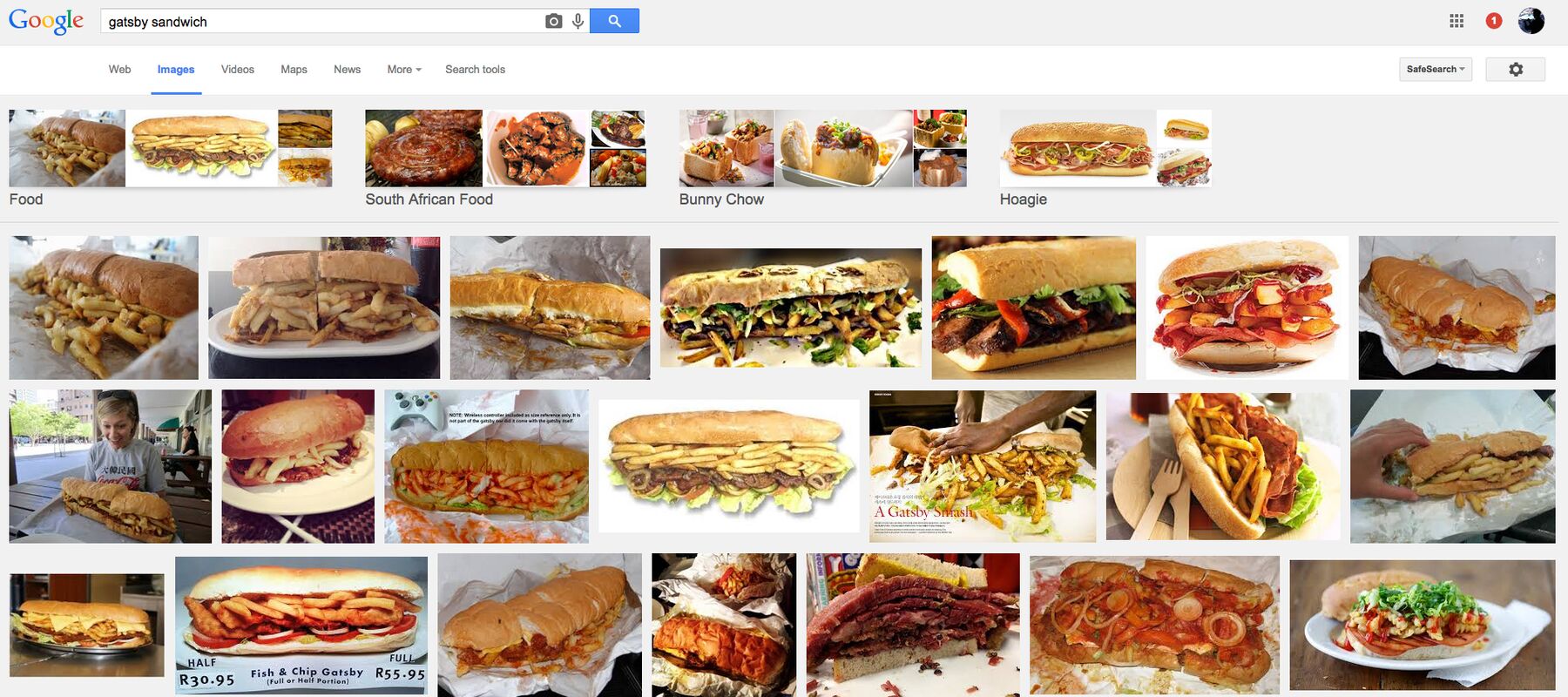
Award-winning photographer Kristin Pierson recently filed a lawsuit against Twitter for not removing one of her pics after she requested that it be taken down. According to an article on TorrentFreak.com, "Under US law Internet services are not liable for the copyright infringements of their users, as long as they respond to takedown requests. But Twitter failed to do that, Pierson says."
The problem goes beyond just photos. Another recent case making the news is that of Josh Ostrovsky, who's been accused for many years of stealing jokes from other comedians and sharing them on his own Twitter and Instagram feeds. While this is viewed as taboo in comedy circles, others argue that "these feeds are merely aggregating content that has potential, scouring through the dregs of Reddit and Tumblr for gems that they can bring to a mass audience", according to this piece in The Guardian. "When Ostrovsky has been called out in the past for copying jokes, he has blamed his interns or insisted that Internet memes are nearly impossible to trace to their original source."
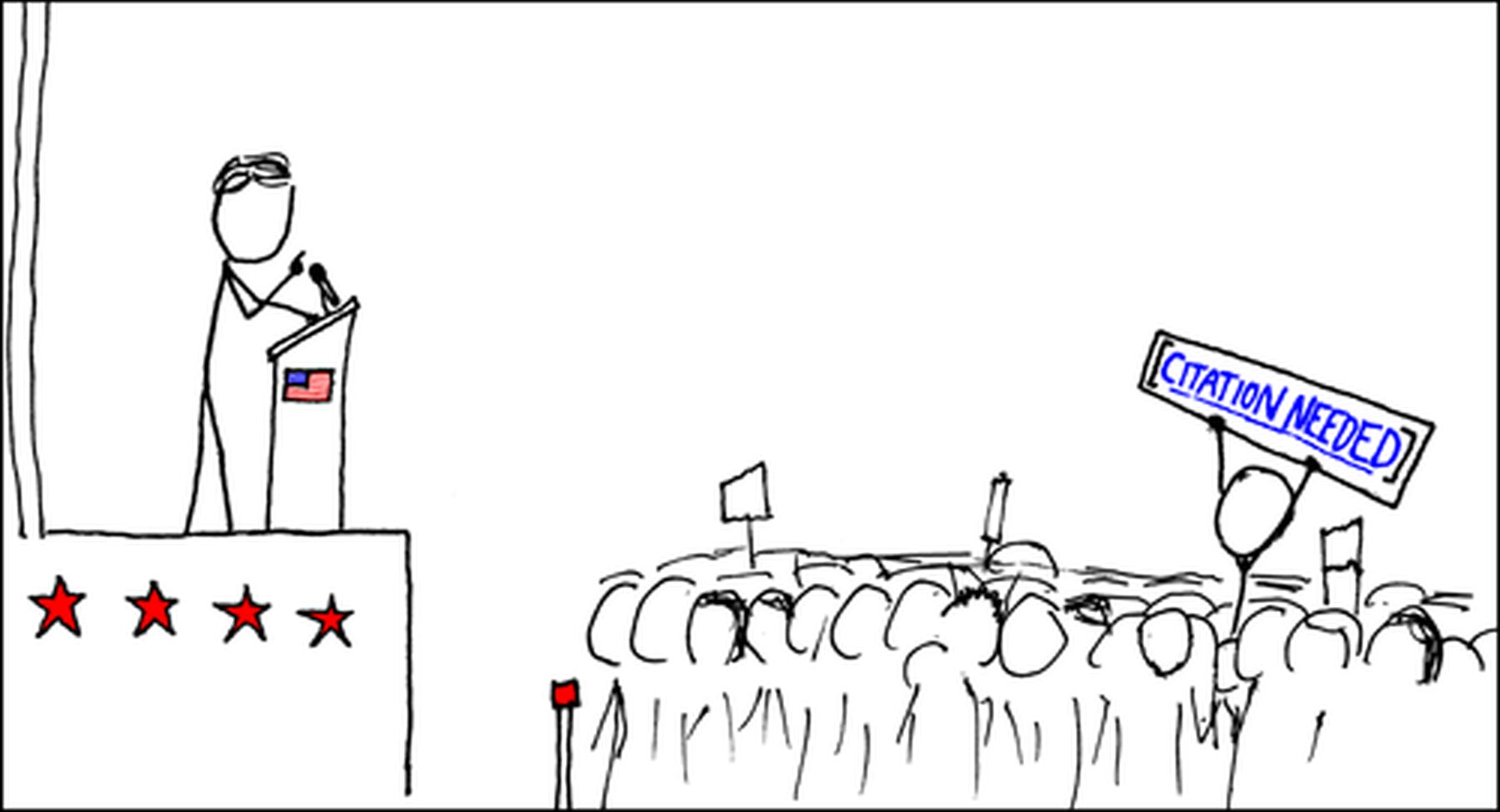
We're not going to solve online copyright infringement in this blog post. On the one hand, I think there should be a level of expectation that once something is freely available on the web, it's fair game. On the other, there could be much better systems for keeping attribution attached to a piece of content.
Tips and tools
While we try to get our heads around copyright infringement and online attribution, here are a few things you can do already:
- Use Google reverse image search. Paste in the link of any image you like, and find every other place that image has been used on the web, and similar images
- Fan of animated GIFs? GIFS.com has now made it easier to create your own using YouTube videos. You can also add your own social media attribution, or watch the original vid, all from within the GIF
- Err on the safe side and use Creative Commons images. Remember, the condition with these is often that they still need to be credited. Flickr is a great resource (especially Flow's pics), and Google now also has a filter for finding licence-free images
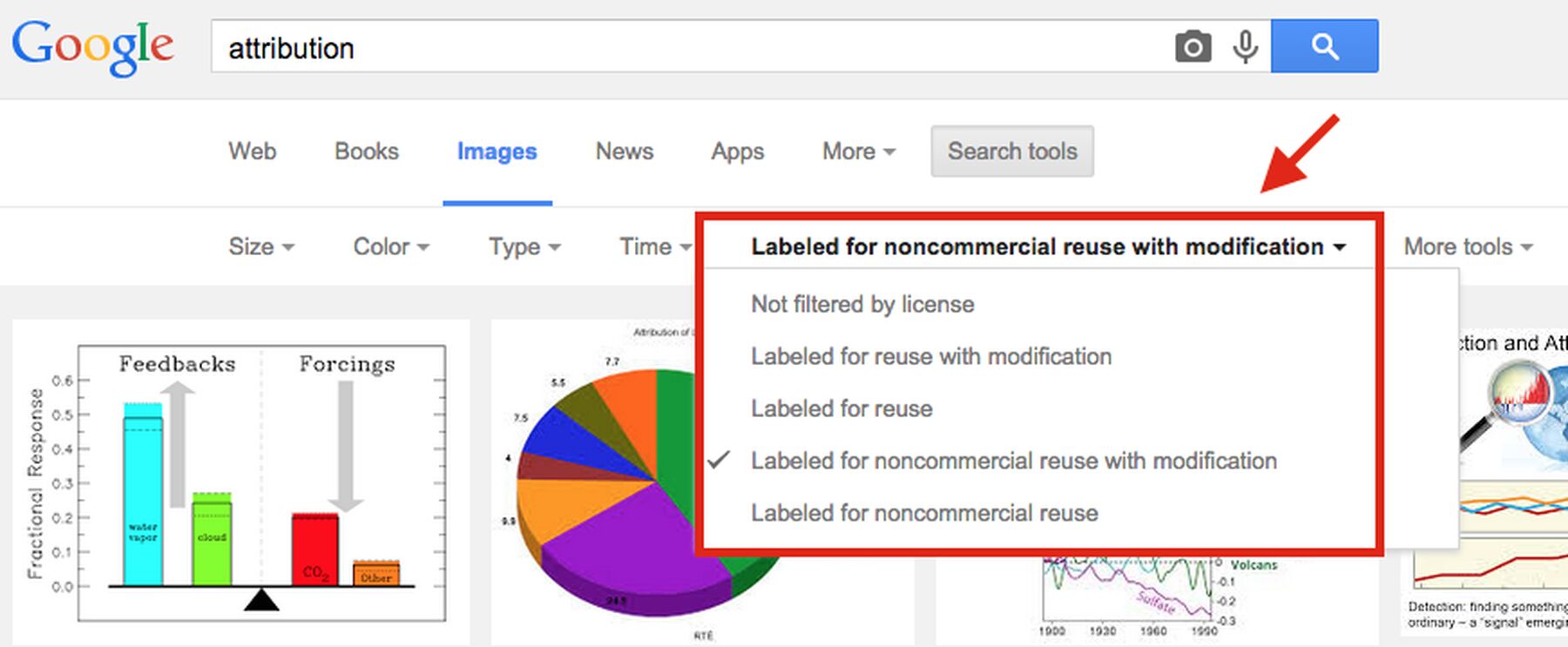
- On Twitter, the retweet button is like an automatic attribution feature. Use it! Don't copy and paste from others. If you need to reword, remember to add "h/t" (short for hat-tip) and @mention the original account in your tweet
- On Facebook, you can also tag pages and people by pressing @ and typing the relevant name. Like a Twitter mention, this creates a hyperlink back to the original account, so people can find the source
- Unfollow accounts that just tweet beautiful, quirky or unusual photos without any attribution – and instead, follow @PicPedant, who does a brilliant job exposing these accounts (and also proves that adding watermarks does nothing to curb attribution issues)
The web is constantly changing, providing opportunities to think differently about copyright, online ownership, fair use, attribution and fair game. It's all a delicious mess. Much like a gatsby.
*These titles, while entirely believable, come from this handy Buzzfeed Title Generator



